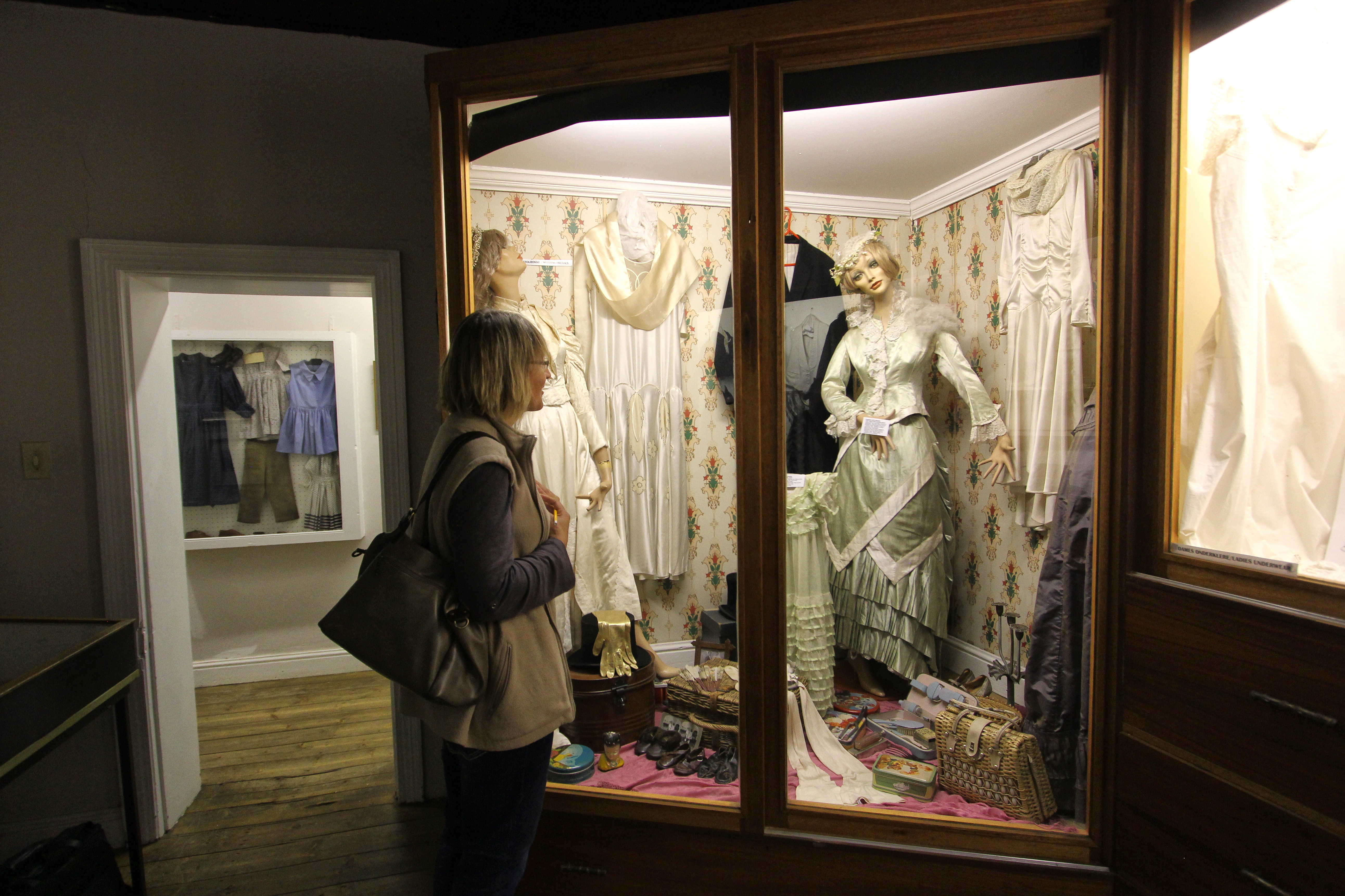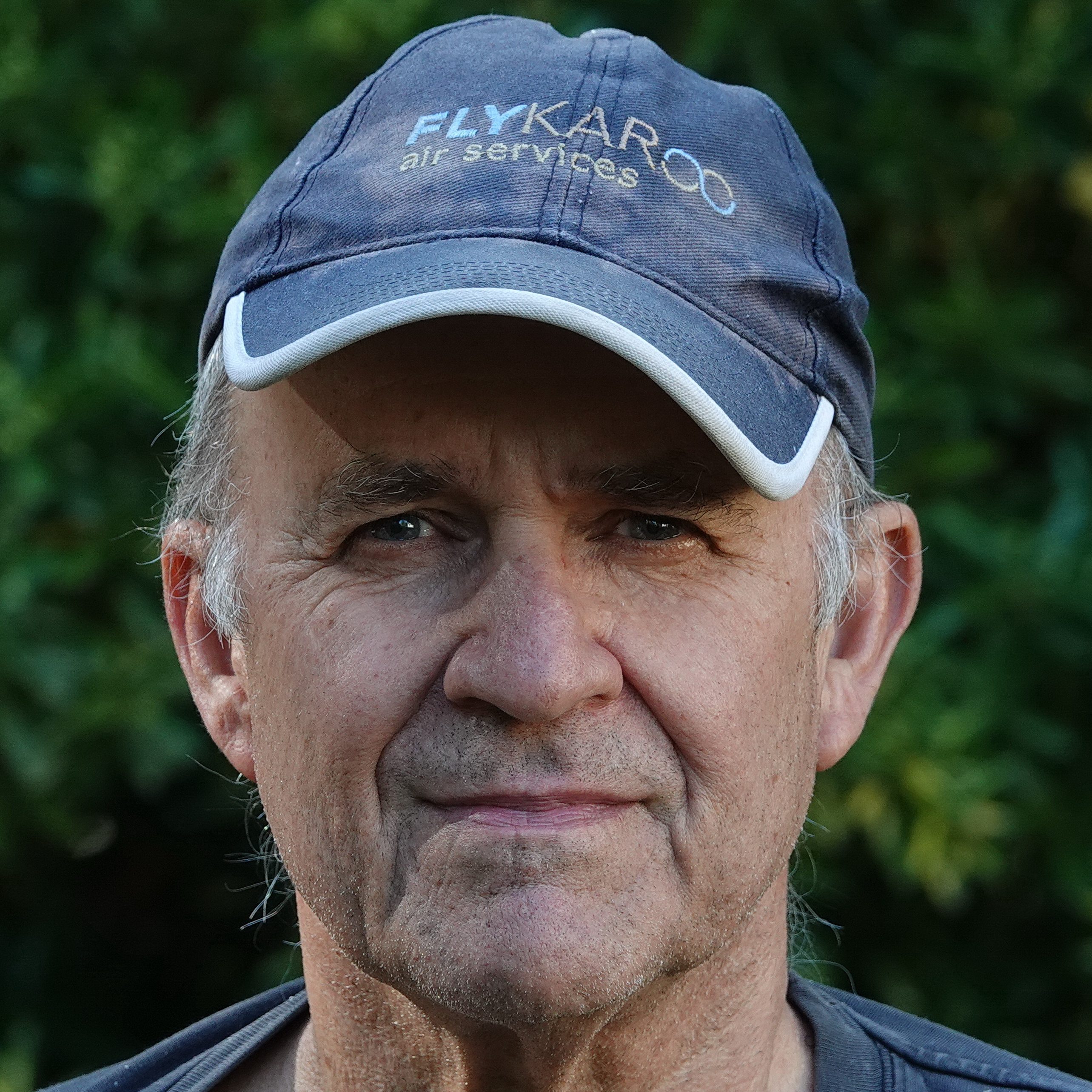On north-bound journeys from our home town of Cradock, my wife and I enjoy passing through the little Eastern Cape Karoo town of Burgersdorp, because it’s like arriving at some kind of traveller’s fork in the road:
“Do we go left to the Karoo Riviera (Gariep Dam) or do we veer right to the snowy peaks of the southern Drakensberg?”
Either way, I always remember a certain Mrs Anderson when passing through Burgersdorp.
One night in the middle of a particularly bitter winter, she had some guests over for dinner, followed by an amiable fireside round of sherry. Suddenly, the scene became something out of Disney’s Fantasia. The poker and tongs leapt off their stand and did the Victorian-era version of the Macarena dance. Everyone scattered to the four corners of the sitting room. Everyone, that is, except for Mrs Anderson. She calmly hauled out the family bible and began to read from the Scriptures, addressing the errant fire irons in a firm manner.
They took the hint and returned to their places. One presumes another round, perhaps of the stronger stuff, was called for thereafter. Clearly, this was not the old Scottish woman’s first rodeo with the Ghost Zombies of Fireplaces Past.
Now, you might think I’ve snuck off and sucked on a dodgy hookah pipe before writing this account. Except that it comes directly from one of my storyteller-heroes, the late Eric Rosenthal. And whatever Eric tells you, you believe.
In They Walk in the Night, he confirms that his grandfather, Albert Rosenthal, had actually been one of those briefly horrified guests in Anderson’s lounge on that distant winter’s night.
Burgersdorp Museum
 The Hunting Room and its residents in the Burgersdorp Museum. Image: Chris Marais
The Hunting Room and its residents in the Burgersdorp Museum. Image: Chris Marais
 Family donations to the Burgersdorp Museum, watched over by mannequins in period dress. Image: Chris Marais
Family donations to the Burgersdorp Museum, watched over by mannequins in period dress. Image: Chris Marais
 An array of horse-drawn transport, including a hearse wagon, outside the Burgersdorp Museum. (Photo: Chris Marais)
An array of horse-drawn transport, including a hearse wagon, outside the Burgersdorp Museum. (Photo: Chris Marais)
On our last jaunt to Burgersdorp some years ago, we paid a long-promised visit to the town museum, housed in what was initially the local parsonage, then an old-age home and now a repository for all manner of cultural memorabilia.
There’s a Xhosa room, a firearms room, an old-time display of Colonial-era clothing, a pioneer kitchen full of gadgets that have never needed Eskom, and an attendant bunch of shop-window mannequins that were probably retired from urban retail duty sometime in the 1960s.
Read in Daily Maverick: Karoo museums 1 — discovering big skulls, giant clock-faces and war trinkets
For the fans of a stuffed beast, there’s a Stuffed Beast Room (more formally labelled The Hunting Room) where a scrawny lion keeps guard over a moth-eaten caracal (busy having his lunch), a leopard on a stump, a fallow deer, a trio of European buck with massive antlers, a warthog and a glowering buffalo. There is also a flying duck and a fearsome tooth mounted on the wall.
Some folk may cringe at this eerie animal display — it’s just the kind of yesterday-crazy that floats this author’s boat.
Pelissier House Museum, Bethulie
Burgersdorp has a lot more memories to offer the visitor, but let’s head on over the gorgeous old Hennie Steyn road-and-rail bridge and into Bethulie, in the so-called Lake Gariep district of the southern Free State.
 The great Hennie Steyn road-and-rail bridge outside Bethulie. (Photo: Chris Marais)
The great Hennie Steyn road-and-rail bridge outside Bethulie. (Photo: Chris Marais)
Formerly owned by a missionary called Jean-Pierre Pelissier, the house was built in 1835. It is said to be the oldest South African house in a town north of the Orange River, and the Pelissier family graveyard lies nearby. Both have been declared national monuments.
One can’t just waltz into the Pelissier House.
Keys to the place are with local guide Trudie Venter, and it’s worth engaging her services for a couple of hours to take you through the house and possibly out to the concentration camp memorial site outside Bethulie.
Gird yourself. This is no theme park frolic. The Anglo-Boer War stories from this area are many and gut-wrenching to a final detail. (Ask Trudie to tell you the Bethulie Sparrows story, it is a true South African legend.)
 Boer fighter pictured here on display in the Pelissier House Museum, Bethulie. (Photo: Chris Marais)
Boer fighter pictured here on display in the Pelissier House Museum, Bethulie. (Photo: Chris Marais)
 One of the poignant displays at the Bethulie concentration camp memorial site outside town. (Photo: Chris Marais)
One of the poignant displays at the Bethulie concentration camp memorial site outside town. (Photo: Chris Marais)
Caledon River Museum, Smithfield
Smithfield is nearly 70km to the north-east of Bethulie. It was founded in 1848 and then moved 24km closer to the Caledon River for easier access to water.
In the mid-1800s, Smithfield was the central town from which Boer forces marched on various Basotho strongholds to the east. In the local museum stands Ou Grietjie, a six-pounder gun used extensively during the Boer-Basotho Wars.
Dutch military officers were in the habit of calling their artillery piece Ou Grietjie, which apparently means ‘angry woman’ in that language. However, Smithfield’s Ou Grietjie is said to be named after Margaret (Grietjie) Finlay, wife of the local gunner, Robert Finlay.
While visiting the area, we also heard a totally unsubstantiated story about when, in 1860s, Alfred, son of Queen Victoria, visited the town in 1860. To mark the occasion, Ou Grietjie was primed to fire. However, the charge initially failed to ignite.
Two retired gunners peered down its barrel to see what the problem was. That was when Ou Grietjie decided to discharge and, well, you can guess how that ended.
 Ou Grietjie, legendary six-pounder cannon in the Caledon River Museum, Smithfield. (Photo: Chris Marais)
Ou Grietjie, legendary six-pounder cannon in the Caledon River Museum, Smithfield. (Photo: Chris Marais)
 A replica of an NG Church pulpit, again under the watchful eye of a mannequin. Image: Chris Marais
A replica of an NG Church pulpit, again under the watchful eye of a mannequin. Image: Chris Marais
But I emphasise: put no credence to that story. It might be a pile of old Free State codswallop. Also, don’t be confused with the four-pounder simply called Grietjie, that one lives in the Voortrekker Monument in Pretoria and was used during the Battle of Blood River in 1838.
Trans-Gariep Museum, Philippolis
Crossing the rowdy N1 Highway now, off we go to the bustling little village of Philippolis. It is a popular semigration spot for city types and there is a constant flow of new energy and ideas coming into town.
Apart from the regular donations of timepiece goods and chattels from local residents, the museum in Philippolis pays homage to London Missionary Dr J Philip, Griqua leaders Adam Kok II and III, and anti-war, pro-women’s liberation activist, Emily Hobhouse.
Two of the rooms in the museum are dedicated to replicating Emily’s spinning and weaving school, started here in 1905.
 Bust of and pictorial tribute to activist Emily Hobhouse in the Trans-Gariep Museum, Philippolis. (Photo: Chris Marais)
Bust of and pictorial tribute to activist Emily Hobhouse in the Trans-Gariep Museum, Philippolis. (Photo: Chris Marais)
 A bust of Adam Kok III in the Trans-Gariep Museum, Philippolis. (Photo: Chris Marais)
A bust of Adam Kok III in the Trans-Gariep Museum, Philippolis. (Photo: Chris Marais)
In the back of the building is the centrepiece of the town’s annual Witblits Festival in April: a large distilling kettle used to produce very strong spirits out of selected fruits. It is also at this time that the two naval cannons (on the hill in town) are fired, with no incidents or accidents reported so far. DM
Burgersdorp museum
Visiting hours: 8.30am to 4pm, Monday to Friday
Caledon River Museum, Smithfield
Visiting hours: 10am to 12 noon, and 2pm to 4pm, Monday to Friday
Pelissier House Museum, Bethulie
Visiting hours: by appointment. Contact Trudie Venter (guide). Tel: 083 630 8849
Trans-Gariep Museum, Philippolis
Visiting hours: 8am to 3.30pm, Monday to Friday

For an insider’s view on life in the Karoo, get the Three-Book Special of Karoo Roads I, Karoo Roads II and Karoo Roads III by Julienne du Toit and Chris Marais for only R800, including courier costs in South Africa. For more details, contact Julie at julie@karoospace.co.za




 A bust of Adam Kok III in the Trans-Gariep Museum, Philippolis. (Photo: Chris Marais)
A bust of Adam Kok III in the Trans-Gariep Museum, Philippolis. (Photo: Chris Marais) 